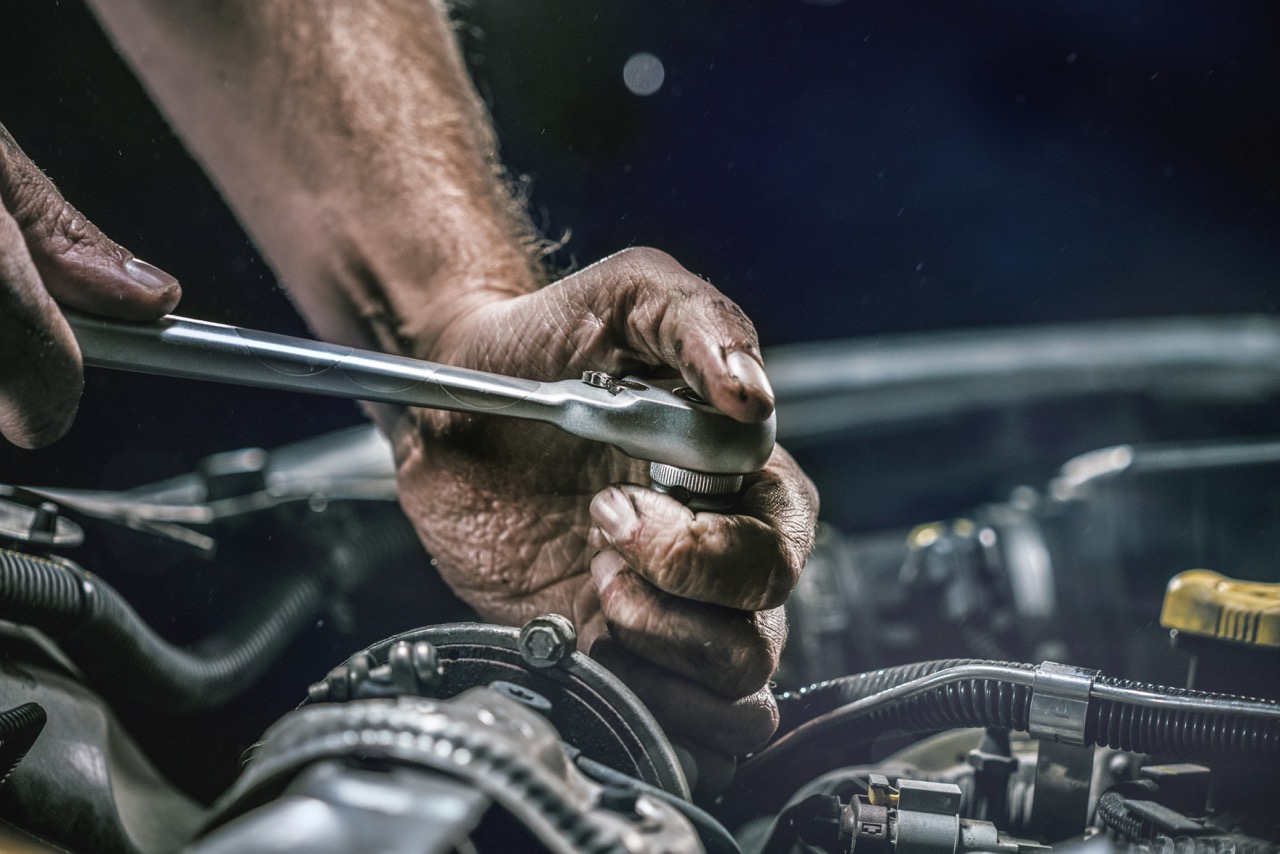
Your transmission is the most crucial and expensive system on your car, aside from the engine itself. It’s what permits the engine’s power to be transferred to the wheels, and it’s a complicated system. If your transmission has been damaged due to negligence or incorrect repairs, a full rebuild or replacement can easily cost $2,000-$4,000. It means that you should do all necessary to preserve your transmission in order to keep your automobile running for as long as feasible. Here are some helpful tips:
1. Keep an eye on your transmission fluid on a regular basis.
Your transmission, like most other systems in your car, needs a specialized fluid to reduce friction and maintain optimal performance. Most autos, however, make it simple to check the gearbox fluid. Pull off the dipstick while the engine is still running.
Wipe the dipstick clean, re-insert it, and draw it out after a few moments. A brilliant crimson, transparent fluid with a slightly pleasant odor should appear. Transmission fluid that is dark or murky, or has a “rotten” odor, should be replaced.
2. Follow the “Severe Use” Replacement Schedule to avoid heat damage.
The majority of transmission wear and tear is caused by heat transmission caused by aged transmission fluid. If you drive in harsh weather, you should check your transmission fluid more frequently. Extreme circumstances are typically defined as:
- In city traffic, I drive a lot.
- Driving in temperatures of 33°C or higher on a regular basis (50 percent or more of driving time)
- Towing large goods and trailers on a regular basis.
3. Make sure your engine’s cooling system is in good working order.
Your radiator and cooling systems keep your engine from overheating, as you presumably already know. Did you realize, though, that your cooling system also aids in the cooling of the transmission fluid? You must not overheat your transmission because it is fragile. To protect your engine and transmission, make sure you have enough coolant and that your cooling system is in good working order.
4. Changing Gears Should Be Done With Caution.
Your car’s transmission is quite delicate, and if you change gears incorrectly – for example, if you shift into reverse while driving or if you put your car in park before it comes to a complete stop – the gearbox might be destroyed.
These kinds of actions might cause additional wear and tear on your transmission over time, potentially leading to a mechanical failure. Never put your automobile in park or reverse while it is moving; instead, wait until it has come to a complete stop.
5. Make an annual inspection and transmission check a priority.
Every year, you should have a thorough car inspection performed by a reliable auto repair shop, which should include a transmission inspection.
Regular inspections allow you to spot any possible transmission problems early on, saving you money and ensuring that your vehicle is in good working order.
6. Make sure you’re using the proper transmission fluid.
To find out what sort of transmission fluid to use, see your vehicle’s owner’s handbook. If you’re still not sure, visit a Master Muffler and speak with an expert.
7. Allow your automobile to warm up before driving.
Allow your engine to warm up for a few minutes before driving, especially during the winter months.
8. Do not drive for an extended period of time on a spare tire.
It’s not a good idea to drive with mismatched tire sizes or a small spare tire for an extended period of time. It not only damages other parts of your vehicle, such as the wheel alignment, but it also puts needless strain on the transmission over time.
9. Replace the transmission filter on a regular basis.
The automatic transmission in your car may have a filter that has to be replaced from time to time. Whether or not your car has a transmission filter is entirely dependent on the make and model. Although most contemporary vehicles do not have a transmission filter, those that do should be replaced every time your transmission is cleaned.
10. Whenever You Suspect Something Is Wrong With Your Transmission, Have It Examined.
You don’t want to take any chances if you suspect you have a transmission problem (difficulty shifting, slow acceleration, leaking transmission fluid, etc.). Bring your vehicle into Master Muffler located in Twin Falls, ID, for a comprehensive inspection, diagnostic testing, and professional diagnosis at the first indication of an issue. In many circumstances, you can detect a little issue before it becomes a large problem. Believe us when we say that normal transmission servicing is much less expensive than having your transmission rebuilt or replaced!
Related Posts
Key Takeaways On average, passenger vehicle tires last 40,000 to 60,000 miles, depending on type, driving habits, and maintenance. Replace tires when tread depth reaches 2/32”, if damaged, or older than 10 years. Regular rotation, alignment, and proper inflation extend tire life. Aggressive driving, poor roads, and harsh weather shorten tire lifespan. Take advantage [...]
When you think about car maintenance, you probably focus on oil changes, tire rotations, and maybe even brake pad replacement. But what about your brake fluid? If you’ve ever wondered, “What does brake fluid do?” or “Why is brake fluid important?”, you’re not alone. Brake fluid might not be the most talked-about part of [...]
Is that high-pitched squeal from your brakes driving you—and everyone else—crazy? Don’t ignore it. Squeaky brakes aren’t just annoying, they’re your car’s way of saying something needs attention. Whether you're cruising through Salt Lake City or winding up Idaho’s mountain passes, here’s what’s likely going on, how you can fix it, and when it [...]





